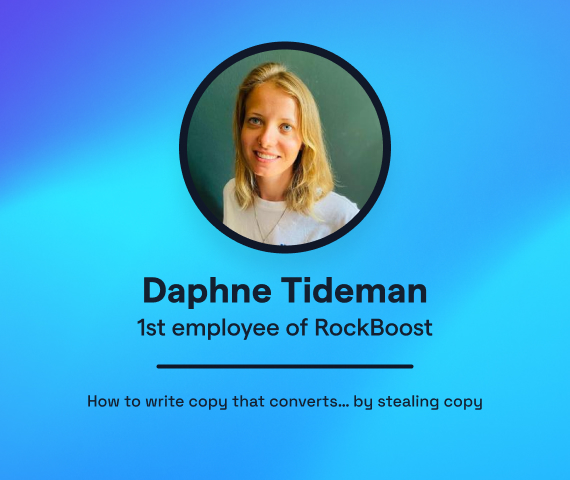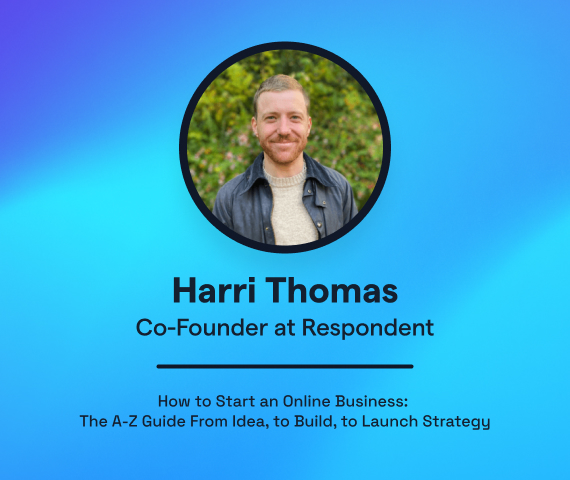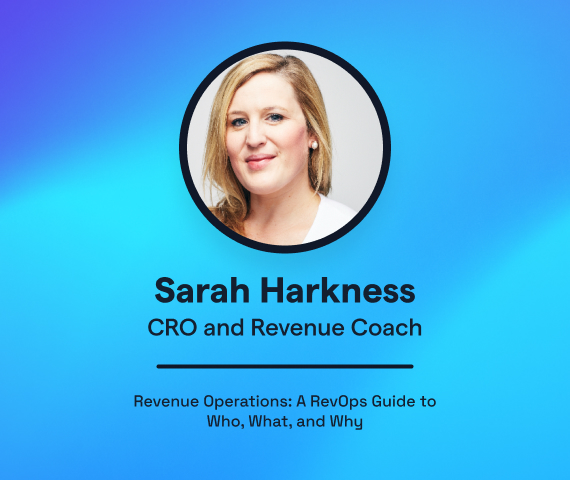Why do mentors do it?
In honor of reaching 100 mentoring sessions on GrowthMentor, both as a mentor and mentee, I thought it’d be useful to share some advice.
I hope this will serve as a guide to anyone thinking about getting help from a mentor, and wanting to get the most out of it.
My Experience as a Mentee
For the first 3 years of my career I didn’t have a mentor, and as an Englishman was uncomfortable with the whole idea. Then a company mentoring program paired me up with someone in Sales in New York. I was disappointed (I wanted to get closer to the Product team), and I questioned what there was to learn from a ‘sales guy’.
Fast forward a couple years and he was instrumental in helping me get my first company off the ground, introducing me to one of my first clients and I owe a lot of my success in building a 50-person growth agency to his advice on how to sell without being ‘salesy’. Mentoring can have a disproportionate impact on your career and life, and there’s an element of serendipity — you can rarely ‘connect the dots’ looking forward.
Now in my 10th year in marketing, I regularly call on my network for advice without discomfort. I do so in a fluid, honest way, safe in the knowledge that I’ve built up so much good will and experience over the years that almost nobody is off limits — no matter what they’ve achieved I’m sure I can make the experience good for them, so I don’t hesitate to ask for help.
Why do people become mentors?
Often you choose a mentor because you respect who they are, what they’ve done or who they’ve worked for. Many people don’t have a mentor, or don’t speak to one often, because they’re intimidated about talking to someone they deem so ‘important’.
“Why would they be willing to speak to me?” — It can be hard to understand why someone would take time out of their day to help a complete stranger. Especially when many mentors charge hundreds of dollars for their time, and seem to never have enough of it. They could be relaxing on a beach or spending time with family, so why would they help you instead?
It’s important to understand why people mentor in the first place. Speaking from my own experience, and contrary to popular belief, we don’t mentor with an expectation of ‘returning the favor’. Almost nobody I mentor is in a position to help me directly in the first year or two of knowing them, and when they can help it’s often through indirect, unpredictable ways. I do have former mentees getting in touch after 4 or 5 years, in a position to offer me work, but I’m not sure how to calculate the ROI on that!
Ok so they do it to give back to the community, right? Kind of like charity? No that’s not it either — I’ll be honest with you, we do it for ourselves. This is what I get out of mentoring:
- It makes me feel smart — having someone depend on you for advice, and be grateful in receiving that advice, strokes your ego and makes you feel better about yourself.
- It helps me stay relevant — learning what problems you’re facing, what tools you’re using and what tactics are working for you, helps me stay on top of industry changes.
- It gives me good stories — when I’m pitching important prospects or people I need to impress, dropping anecdotes from my talks with mentees, makes me more credible.
- It helps me learn better — there’s nothing like teaching to force you to learn something you thought you knew. It solidifies your thinking and helps memory retention.
- It gives me energy — I get a genuine high from helping someone passionate about what they do. It feels like the opposite of work, and keeps me motivated.
Motivation is the key
It’s intrinsic motivation that drives mentoring behavior, which is a far stronger motivator than cash for anyone who earns more than $75,000 (above which the majority of your needs are taken care of and more income doesn’t increase happiness). You have to remember that people who are more successful, typically have different concerns than you do right now.
Early in your career you might fantasize about being able to order food in a restaurant without checking the price — but most mentors got past that point years ago, and instead have higher order concerns than billing you $100 for a session. It’s maybe even too much hassle for them to bill you, because it would mean more paperwork, or conversations with their accountant, maybe a tough talk from their employer — the type of energy-sapping work they’re trying to avoid.
The True Meaning of Productivity
Aside from motivation, I think most of the misconceptions around the cost of mentoring (setting time aside from a busy schedule for unpaid work!) stem from misconceptions around productivity. There are two concepts that are important to grasp — once you understand them you’ll get why taking time out of your schedule to mentor actually improves your productivity.
There are two ways to be productive: one is to complete a series of tasks very quickly to a high standard of quality, but the other way is to make sure you’re doing the right tasks in the first place. Mentoring connects you to the realities of the market in a way that forces you to confront weaknesses in your strategy and re-prioritize what you work on.
Everyone has the same number of hours in the day, but not all hours are of equal productivity. If I don’t get enough sleep and I’m working at half-strength, it’ll take me 8 hours to do 4 hours worth of work. By stopping for a 30 minute nap, I could get back to full strength and finish my 8 hour day in 4 ½ hours. Done well, speaking to mentors replenishes your motivation and helps you get your work done far quicker than you would with your energy sapped.
So as a mentee, you should never feel intimidated or unworthy of help — they’re acting selfishly, so don’t feel bad for asking for help. In fact, by being too timid and apologetic, you might kill the energy and ruin the experience for them! As a mentor there tends to be an inverse correlation between how much a client can afford and how creatively fulfilling the work is, so as a mentee focus on the intangible experience over worrying about compensation. There are so many amazing people out there who will give free advice that I’d try 100 mentors for free, before I agreed to pay for one (and GrowthMentor makes that easy!).
How to Choose a Mentor
One mistake I see people make is choosing the wrong person to mentor them at the wrong time. Think clearly about what you need from a mentor. If you’re a junior marketer, it can be thrilling to talk to the CMO of a Fortune 500 company, and maybe even rewarding for you both. However, if you’re expecting tips on how to set up Hubspot, they’d probably have to go several levels deep in their organization to even find someone that hands-on.
My advice is to find someone who’s 50%-100% ahead of you in your chosen career path. If you’re a recent graduate 6 months into a role, you can get a lot of tactical advice from someone who is even just 3-6 months ahead of you, helping you avoid some pain that’s fresh in their mind, that someone 2-3 years in has long forgotten. I’m not saying you can’t learn something from people of all experience levels, but mentorship takes empathy, and without enough shared recent experience you both might find the process unsatisfying.
If you’re a startup founder 4 years into your company, look for someone who’s been running theirs for 6-8 years. As your own experience deepens, you can afford to operate on longer timeframes, and tactical advice loses usefulness versus more strategic considerations. This rule resets whenever you pivot your career or dive into a new field — you may have 4 years of experience in one field, but if you’re doing something new, you’re effectively a beginner again.
Mentor Meeting Etiquette
When dealing with your mentor, the important rule is that you must be respectful above all else. If at any point the mentor feels disrespected, all the payoff they were anticipating from this time investment evaporates. If you’re not passionate, prepared, and thoughtful, you go from giving energy to taking it away. Here’s what you can do to avoid turning them off to working with you:
- Show up on time to any meetings and respond promptly to emails
- Take the initiative to suggest specific times that work for catch-ups
- Always send a meeting invite with clear instructions for how you’ll meet
- If you can’t show up on time, let them know as soon as you know
- Have a specific outcome that you want to achieve in the session
- Show evidence you tried to solve your own problems first
- Know your numbers or have them easily accessible
- No long presentations or in-depth detail not relevant to the session
- Do what you say you were going to do, and follow up with updates
- Proactively find ways to help: make good intros and share their content
- Racism, bigotry, and harassment of any kind are always unacceptable
These are just some common-sense rules that I’ve found to be helpful (and wish everyone would adopt). But if you’re passionate about what you’re doing, are working hard towards your goals, and are thoughtful about how you use their time, they’ll respect you.
I’ve found in my own mentoring sessions that I give 10x, maybe 100x more value to mentees I like and respect because they have the right mindset and follow these rules. So just like mentoring is in my self-interest, investing the effort into being a good mentee is in yours.



